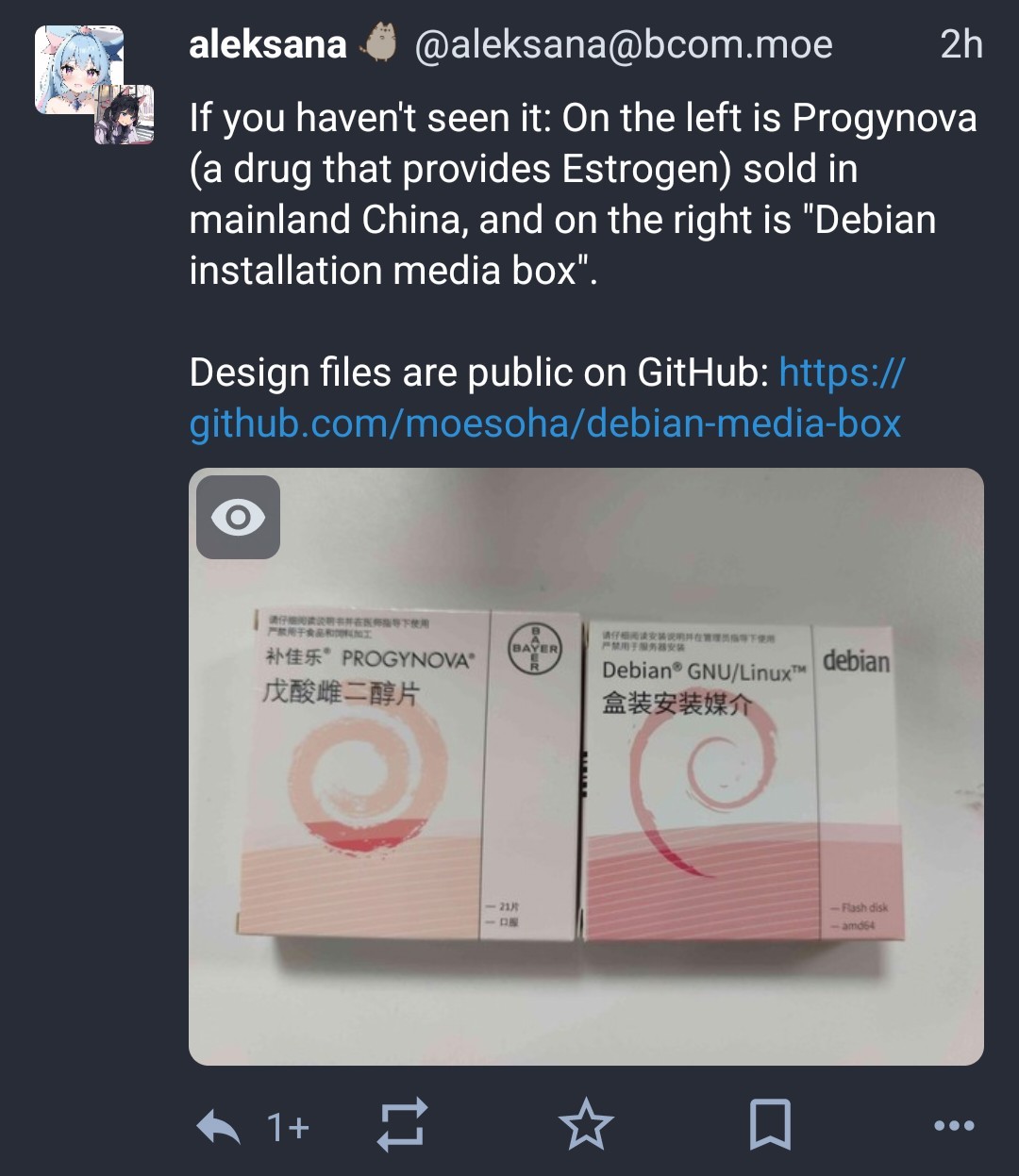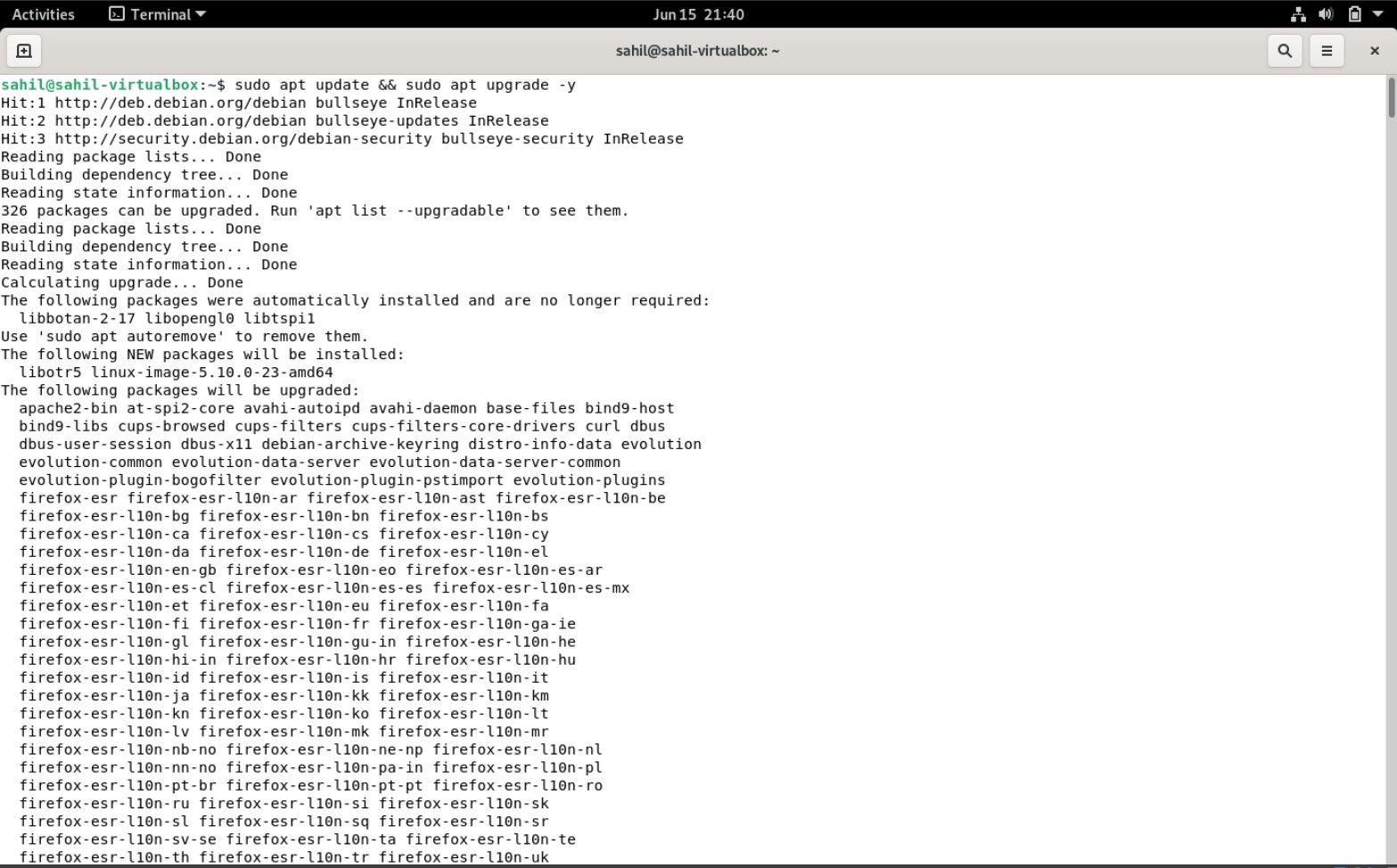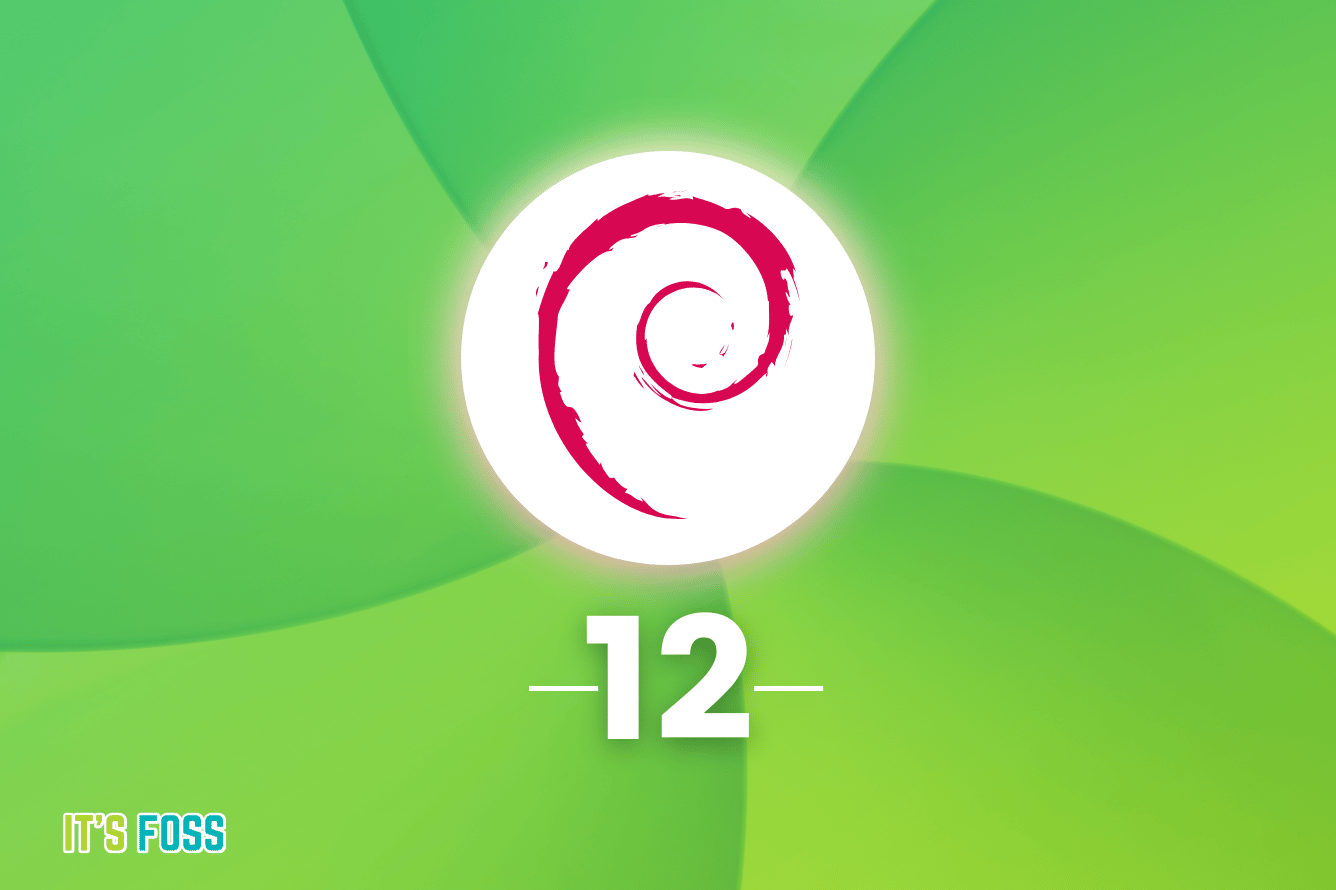Debian GLIBC_2.38 - What To Do When Programs Need More
It can be a real head-scratcher when you are trying to get a favorite program, perhaps a game, to run on your computer, only to find it insists on a specific software component that seems just out of reach. This is often the case with something called GLIBC, a very basic part of your Linux operating system. You might have a program that really wants GLIBC version 2.38, yet your Debian system, like Debian 12, might only be offering version 2.36 at the moment. This difference, small as it appears, can stop things from working as they should, making you wonder what to do next.
GLIBC, or the GNU C Library, is sort of like the common language translator for many of your computer's programs. It provides a lot of the fundamental ways programs talk to the computer's core functions. So, when a program asks for a newer GLIBC version, it's essentially asking for a more updated set of these translation rules. This situation is not just about getting a game to start; it touches upon how stable and secure your entire system feels, too, it's almost.
Figuring out how to get a newer version of this crucial library can feel a little bit tricky, as I was saying. Some folks might even say it can be a bit "hairy" to try and update something so deeply rooted in the system. There are also important safety considerations, as a certain part of GLIBC, the `backtrace` function, has had issues with how it handles data, which could cause programs to stop working or even open the door to unwanted code running. This article will help shed some light on these matters, naturally, and discuss how you might approach this challenge.
Table of Contents
- What's the Fuss About Debian GLIBC_2.38 Anyway?
- Is There a Way to Get Newer Debian GLIBC_2.38?
- Can Multiple Debian GLIBC_2.38 Versions Coexist?
What's the Fuss About Debian GLIBC_2.38 Anyway?
It turns out, a good number of folks are running into a snag when they try to use certain programs, especially games, on their Debian systems. The problem often boils down to a request for GLIBC version 2.38. The thing is, many Debian setups, like Debian 12, might only come with GLIBC 2.36 at the moment. This slight difference in version numbers can mean the program simply refuses to start, giving you an error message about a missing GLIBC 2.38. It's a common situation, really, and can be quite frustrating for anyone just wanting to run their chosen software.
This isn't just an inconvenience for games, though. There are some serious aspects connected to GLIBC versions. For instance, a specific part of the GLIBC code, the `backtrace` function, did not always check its boundaries correctly when it was putting away frame addresses. This could cause a situation where your system might stop working, or, in some cases, it could even allow unwanted code to run. The biggest concern from this kind of issue is that it could make your system unavailable for use. So, while you might be thinking about getting a game to work, there's a wider picture of system safety and continued operation that is also tied to these GLIBC versions. It’s pretty important, actually, to keep an eye on these details for overall system well-being.
Why Is Debian GLIBC_2.38 So Important for Your System?
The GNU C Library, or GLIBC, is a truly fundamental piece of the Linux operating system. It provides the basic functions that nearly all applications use to do their work. Think of it as the core toolkit that programs use to talk to the computer's inner workings. Without the correct version of this toolkit, some programs simply cannot function. For instance, if a program was put together using a system that had GLIBC 2.38, it expects those specific tools to be present when it tries to run on your computer. If your system only has an older version, like 2.36, then some of those expected tools might be missing or different, leading to the program not starting up. This is why having the right Debian GLIBC_2.38 version can be so important for your programs to run smoothly.
- T%C3%A3rk If%C3%A5%C3%BFa Gizli Kamera Sotwe
- Aagmaal1
- Deviantart Subscription Bypass Free
- Angelu De Leon
- Was Bob Saget Married
Most of the software on your computer is built with the GLIBC version that came with your system. This means that if you have an older Debian setup, the programs you install will typically expect that older GLIBC. When a newer program comes along, one that was built on a system with a more recent GLIBC, it can create a mismatch. This mismatch is exactly what causes the "version 'glibc_2.38' not found" error. It is saying that the program you are trying to run was put together using a system that had GLIBC 2.38 or newer, but your current system has an older version of GLIBC. This can even happen if you copy a program like `dpkg` from a newer computer to an older one. The program is looking for something specific, and if it's not there, it just won't work, obviously.
Is There a Way to Get Newer Debian GLIBC_2.38?
When you find yourself needing a newer GLIBC version, the immediate thought might be to just update it. However, as some have noted, trying to update GLIBC can be a bit of a delicate operation. Because GLIBC is so deeply connected to how your entire Linux system operates, changing it can have wide-ranging effects. It's not like updating a regular application; it's more like changing the very foundation your house is built upon. This means that while getting a newer version of Debian GLIBC_2.38 is possible, it often comes with a need for careful consideration and perhaps some preparation, basically.
One common way people have tried to get newer versions of GLIBC, even if not specifically 2.38, is by adding software sources from more current Debian branches, like Debian Sid. This involves changing your system's `sources.list` file, which tells your computer where to look for software updates. After making these changes, you would typically run an `apt update` command and then try to install `libc6`, which is the package that contains GLIBC. The process then usually involves relinking dynamic libraries and, finally, checking to make sure the GLIBC version is what you wanted. This method has been described for getting versions like 2.33 and 2.34, so it gives an idea of the general steps involved, even for Debian GLIBC_2.38.
Checking Your Current Debian GLIBC_2.38 Version
Before you try to change anything, it's a good idea to know what you already have. To check which version of GLIBC is currently installed on your system, you can use a command called `ldd`. This tool is quite handy because it lists all the shared libraries that a program needs to run, and that list always includes GLIBC. So, if you open your terminal and type `ldd --version`, it should show you the GLIBC version your system is using. This simple step helps you confirm if you indeed have an older version, like 2.36, and if your program truly needs something newer, such as Debian GLIBC_2.38. Knowing this information is a good first step, you know, before making any adjustments.
For example, if you are getting an error that says "version 'glibc_2.38' not found," using `ldd --version` will help you confirm that your system's GLIBC is indeed older than 2.38. This confirmation helps you understand the situation better. It confirms that the program you are trying to run was put together on a system that had a newer GLIBC, and your system just doesn't quite match up. It's a bit like trying to use a tool from a newer set with an older machine; sometimes they just don't fit perfectly. This quick check gives you a clear picture of what's going on with your Debian GLIBC_2.38 situation.
Updating Debian GLIBC_2.38 - What Are the Risks?
When it comes to updating a core system component like GLIBC, there are some things to keep in mind. As mentioned, it can be a rather sensitive operation. Because so much of your operating system relies on GLIBC, a misstep in updating it could potentially cause widespread issues. This is why some people describe it as "hairy." It's not just about getting Debian GLIBC_2.38 for one program; it's about ensuring your entire system continues to function correctly afterward. The highest concern from a vulnerability in a component like GLIBC is that it could make your system unavailable, which is a pretty serious outcome.
If you are considering upgrading GLIBC, especially to a version like 2.38, on a stable Debian release, you might find that the standard update commands, like `sudo apt-get update` and `sudo apt-get install libc6`, might not bring you to the very latest version your program needs. This is because stable Debian versions aim for reliability and don't always offer the absolute newest software components right away. They prefer to use well-tested versions. This means that getting Debian GLIBC_2.38 might require more involved steps, perhaps even considering a different approach than a simple package update. It's something to think about carefully, obviously.
Can Multiple Debian GLIBC_2.38 Versions Coexist?
It might seem like a tricky idea, but in some situations, you might need to have more than one version of GLIBC on your Linux system. This often comes up when you have different programs that were built at different times, each expecting a slightly different version of the GLIBC library. For example, some older software might need an older GLIBC version to work properly, while a newer program, like one asking for Debian GLIBC_2.38, needs something more current. Being able to support both older and newer applications can be quite useful, and there are ways to manage this, as a matter of fact.
The GNU C Library is a truly basic piece of the Linux operating system, providing essential functions for many different applications. In certain situations, you might actually need to put in place several versions of GLIBC to help different applications run or to make sure they work with older software. This approach allows you to run a variety of programs without them conflicting over which GLIBC version they need. It’s a way to keep things running smoothly for all your software, even if some of it is a little older or very new, like something that wants Debian GLIBC_2.38.
When Different Debian GLIBC_2.38 Versions Are Needed
The need for different GLIBC versions typically arises from how software is put together. When a program is compiled, it's linked against the GLIBC version present on the system at that time. If you later try to run that program on a system with a much older GLIBC, it might not find the exact functions it expects. This is why you might see errors about missing GLIBC versions, such as GLIBC_2.14 or GLIBC_2.17. Similarly, if you have a program that needs Debian GLIBC_2.38, it means it was put together expecting the features and functions available in that specific version.
Sometimes, folks have shared ways they installed older GLIBC versions, like 2.14 or 2.17, often involving compiling them directly. This shows that it's possible to get specific versions onto a system, even if it's not the most straightforward path. The idea is that if you have a mix of programs, some requiring an older GLIBC and others needing a newer one, like Debian GLIBC_2.38, you might need a way to make them all happy. This kind of flexibility is what allows users to run a wider range of software on their Linux machines, which is pretty neat.
Core Dump Analysis and Debian GLIBC_2.38
Interestingly, having the correct GLIBC version can also impact how well certain system tools work. For example, if you've ever had a program crash, it might create a "core dump," which is a file that contains information about the program's state right before it stopped working. Analyzing these core dumps can be very helpful for figuring out why a program crashed. It has been noted that after successfully installing a needed GLIBC version, core dump analysis starts working properly. This suggests that the correct GLIBC version, perhaps even Debian GLIBC_2.38, is important not just for running applications but also for troubleshooting them effectively.
The proper functioning of system tools and even the analysis of program failures depend on the fundamental components like GLIBC. There are also other software pieces that work alongside GLIBC, such as `gettext` for language support, `dpkg` for managing software packages, `file` for recognizing data types, `quilt` for working with software patches, and `autoconf` for building software configurations. All these pieces come together to form a working system, and the right GLIBC version, including Debian GLIBC_2.38, helps ensure everything communicates as it should, leading to a more stable and usable computer experience.
- Nicolas Jacques Charrier
- Pierce Brosnan Lengte
- Jaylen Zylus
- If%C3%A5%C3%BFa T%C3%A3rk
- Qr Ip Cam Telegram Group

@debian-official on Tumblr

How to Upgrade to Debian 12 "Bookworm" From Debian 11 "Bullseye"

Debian 12 "Bookworm" Has Landed